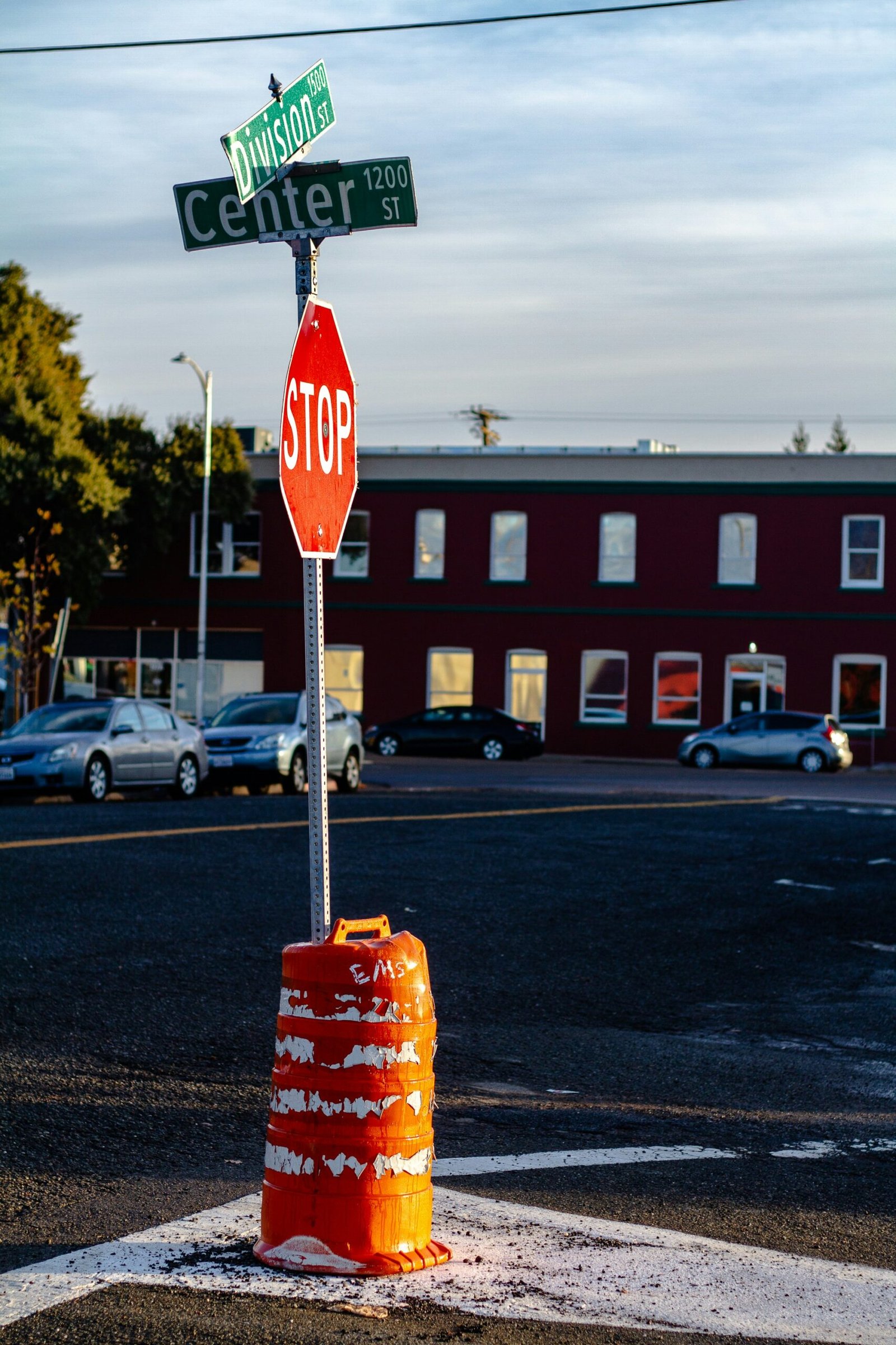The Concept of a New World Order
The term ‘New World Order’ (NWO) often evokes strong reactions across a diverse spectrum of society, encompassing both scholarly discourse and popular conspiracy theories. Historically, the concept has emerged as a response to significant global events, including wars, economic upheavals, and the rise of multinational organizations. Following the end of the Cold War, political analysts and theorists began using the term to describe a perceived shift towards a more interconnected world governed by collective international cooperation and shared governance.
However, the interpretation of NWO varies significantly among different groups. Scholars assert that the NWO symbolizes a progressive transformation in global governance, where adherence to international laws and norms may supersede traditional national sovereignty. Conversely, several conspiracy theorists have constructed elaborate narratives asserting that a clandestine elite seeks to manipulate global events to establish an authoritarian global regime. This dichotomy illustrates the complexity surrounding the NWO concept, as it can evoke legitimate concerns about governance while simultaneously giving rise to unfounded anxieties surrounding control and secrecy.
An essential aspect of this discussion involves the role of belief systems, particularly religions that can both unify and divide societies. Many believe that religion can serve as a clarion call for global justice and peace, promoting values of empathy and community. In contrast, others argue that religious ideologies can exacerbate divisions, leading to conflict and disenfranchisement. Thus, the NWO framework provides a fascinating lens through which to examine the interplay between religion, politics, and societal cohesion. By exploring how these elements interact, we gain insights into the complex forces shaping contemporary global dynamics.
The Role of Religion in Social Division
Throughout history, religion has played a pivotal role in the formation of social identities and has been instrumental in both uniting and dividing individuals. At its core, it often fosters a sense of belonging among its adherents, establishing in-groups that promote solidarity and shared values. However, the very same structures that create community can also delineate boundaries that exclude others, thereby fostering division. This duality illustrates the complex relationship between religion and societal fragmentation.
Various religious traditions, such as Christianity, Islam, Judaism, and Hinduism, showcase how dogma and rituals can inadvertently lead to conflict. For example, the interpretative differences regarding sacred texts can breed misunderstandings and hostility, creating out-groups that feel threatened or marginalized. The concept of “us versus them” becomes pronounced, as religious narratives can elevate certain groups while denigrating others. Such dynamics contribute to a culture of division, which can be exploited within the wider framework of the New World Order (NWO) narrative.
Moreover, cultural practices associated with religion often enhance social separation. Festivities, dietary laws, and dress codes can serve as identifiers that differentiate groups, sometimes leading to xenophobia or cultural intolerance. For instance, certain religious festivals may reinforce communal ties while simultaneously isolating those who do not partake. This entrenched division can yield real-world consequences, including discrimination, social unrest, and even violent conflict.
In summation, religion undoubtedly holds the power to unify yet also carries the potential for division. The way beliefs shape social interaction often mirrors larger societal issues, revealing a complex landscape where faith serves as both a glue and a wedge. Understanding this dual role is crucial in addressing the influence of religion on social cohesion amidst an increasingly divided world.
Case Studies of Religion Manipulated for Political Ends
Throughout history, the intersection of religion and politics has often led to manipulation for personal or political gain. The Crusades, which spanned several centuries starting in the late 11th century, serve as a poignant example. Rafted under the guise of religious duty, these military campaigns aimed to reclaim holy land from Muslim control. However, their underlying motivations were frequently rooted in the desire for territorial expansion and wealth accumulation. Leaders wielded religious rhetoric, framing the conflicts as sacred wars, which not only united disparate factions under a common belief but also obscured the predominant political motives.
In contemporary contexts, the phenomenon of religious extremism has accelerated, with various factions exploiting faith to pursue violent agendas and political control. Groups such as ISIS emerged, asserting their ideology as a divine mandate, which served to rally support and justify acts of terrorism. These organizations present their extremist interpretations of Islam as a means to unite followers, while simultaneously deepening divisions within the region, as rival sects and global communities respond with alarm and suspicion. Such dynamics resonate with the concept of a New World Order, illustrating how strategically deployed religious narratives can manipulate public perception and even provoke international conflict.
Sectarian violence further exemplifies the manipulation of religion for political purposes. In countries like Iraq and Syria, political leaders have utilized religious identities to solidify their power bases, often exacerbating tensions among Sunni and Shia populations. By framing political opposition in sectarian terms, these leaders not only gain loyalty from their followers but also justify violent repression against opponents. This manipulation is a stark reminder of how religious identity can be co-opted to serve broader political objectives, creating an environment ripe for division and conflict.
Paths Toward Unity: Bridging Divides through Interfaith Dialogue
The division among various religions presents a significant challenge to global harmony. However, interfaith dialogue emerges as a potent tool for fostering understanding and cooperation between different faith communities. This dialogue involves open discussions among individuals of diverse religious backgrounds, facilitating a platform to share beliefs, values, and experiences. Such interactions can significantly reduce misconceptions and distrust that often fuel sectarian divides.
One of the essential strategies for building bridges through interfaith dialogue lies in identifying shared values. Many religions advocate for principles such as compassion, justice, and the pursuit of peace. By emphasizing these common tenets, interfaith initiatives can foster a sense of unity that transcends doctrinal differences. This can be achieved through community gatherings, where representatives from various faiths participate in joint activities, contributing to mutual respect and camaraderie.
Moreover, community initiatives play a crucial role in promoting interfaith cooperation. For instance, organizing community service programs that include participants from different religions can foster teamwork and collaboration towards common goals. These shared experiences not only break down barriers but also illustrate the practical implementation of shared values in action. Such initiatives demonstrate that coexistence is feasible, encouraging individuals to work alongside those from diverse backgrounds.
Educational programs also contribute significantly to bridging divides through interfaith dialogue. Schools and universities can implement curricula that include teachings about various religions, promoting an understanding of different beliefs from an early age. Workshops and seminars focusing on interfaith relations can further equip individuals with the tools needed to engage positively with those of differing beliefs. By educating future generations, the potential for lasting change in society increases, leading to a more harmonious coexistence.
Through these approaches, interfaith dialogue can pave the way toward a world characterized by empathy and cooperation, transforming division into unity.
“Still Trapped in the Matrix? Get the Truth They Don’t Want You to Know.”
👉 Instant download + weekly wake-up drops.
Every week, we drop powerful, unfiltered insights that expose the lies, break the system, and rewire your mindset.
This isn't motivation — this is mental warfare for freedom-seekers, rebels, and future millionaires.








